March 30, 2024
by Elizabeth Pratt

The United States has fallen out of the world’s top 20 happiest countries.
The World Happiness Report revealed the US fell from number 15 to number 23, putting it out of the top 20 for the first time since the report was published in 2012.
[More]
August 31, 2023
by Elizabeth Pratt

If you spend time browsing for activewear online, you may want to think again.
Research recently published in the International Journal of Consumer studies found that women have reduced self-esteem after online shopping for activewear.
[More]
July 30, 2023
by Elizabeth Pratt
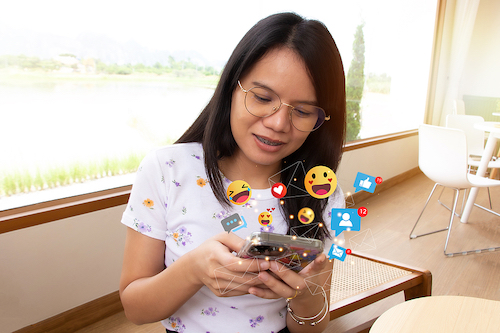
Cutting back on social media use can improve psychological wellbeing.
Researchers at Iowa State University found that students who limited social media use to just 30 minutes a day has lower scores for depression, anxiety, loneliness and the fear of missing out.
[More]
May 22, 2023
by Elizabeth Pratt
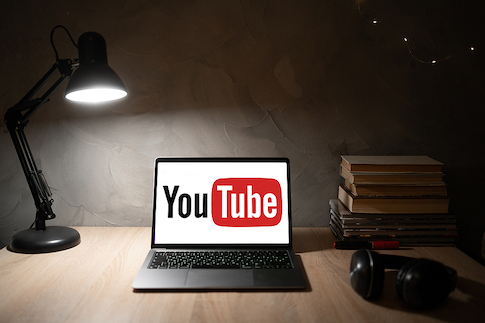
People who frequently watch YouTube have elevated levels of depression, anxiety and loneliness.
Researchers from the Australian Institute for Suicide Research and Prevention found that the most widely used streaming platform had both positive and negative impacts on the mental health of users.
[More]
January 29, 2023
by Elizabeth Pratt
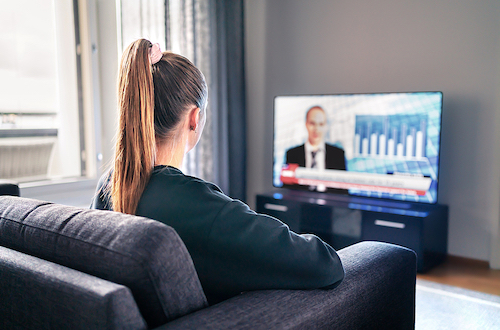
Daily engagement in political news can have a negative impact on mental health, but disengaging can also have consequences.
Research published in the Journal of Personality and Social Psychology found that strategies to manage the negative emotions that come from daily engagement may also reduce an individual’s motivation to act on what they care about politically.
[More]
October 31, 2022
by Elizabeth Pratt

27% of Americans say they are so stressed they can’t function.
A poll from the American Psychological Association (APA) found that more than a quarter of Americans are facing significant stressors due to external stressors that are beyond their personal control.
[More]
December 15, 2021
by Elizabeth Pratt

Smartphone and computer-based treatments are effective at reducing symptoms of depression.
Research published in the Psychological Bulletin found that digital interventions could be effectively used as a treatment for depression for a variety of groups with different levels of depression.
[More]
November 5, 2021
by Tina Arnoldi
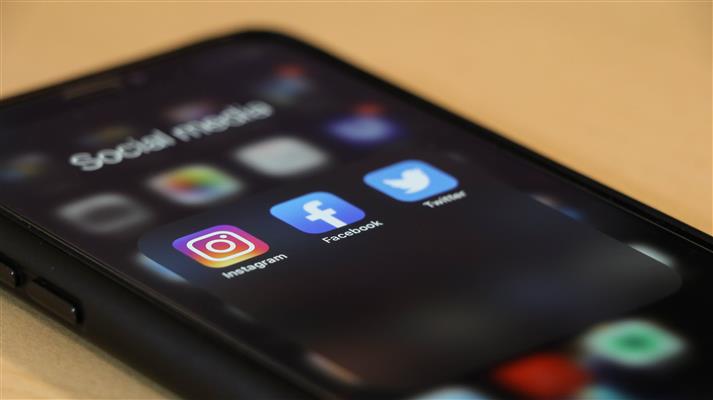
Social media has opened up new ways for us to interact and share our experiences with others. It lets us connect with people around the world and keep up with people through their posts, pictures, and memories. However, it can also be overwhelming when we experience low response rates from those we thought would like our posts. Not getting any likes on our posts can feel like rejection, which makes us feel unappreciated and ignored.
[More]
September 24, 2021
by Tina Arnoldi

In recent news on Google’s blog, they announced that, in addition to being your personal assistant, Google is taking another step to becoming an integral part of your life. LaMDA, a conversation technology, is intended to have conversations about any topic without giving the same answer twice.
[More]
August 31, 2021
by Elizabeth Pratt
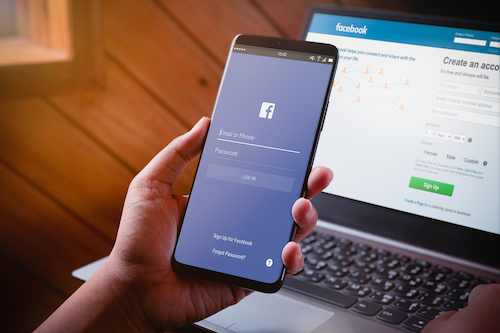
Banning an online jerk from a social media platform may not be the answer to dealing with toxic people. It may just make it worse.
That’s the finding of a study from a group of researchers from Binghamton University, Boston University, University College London and the Max Planck Institute for Informatics in Germany.
[More]